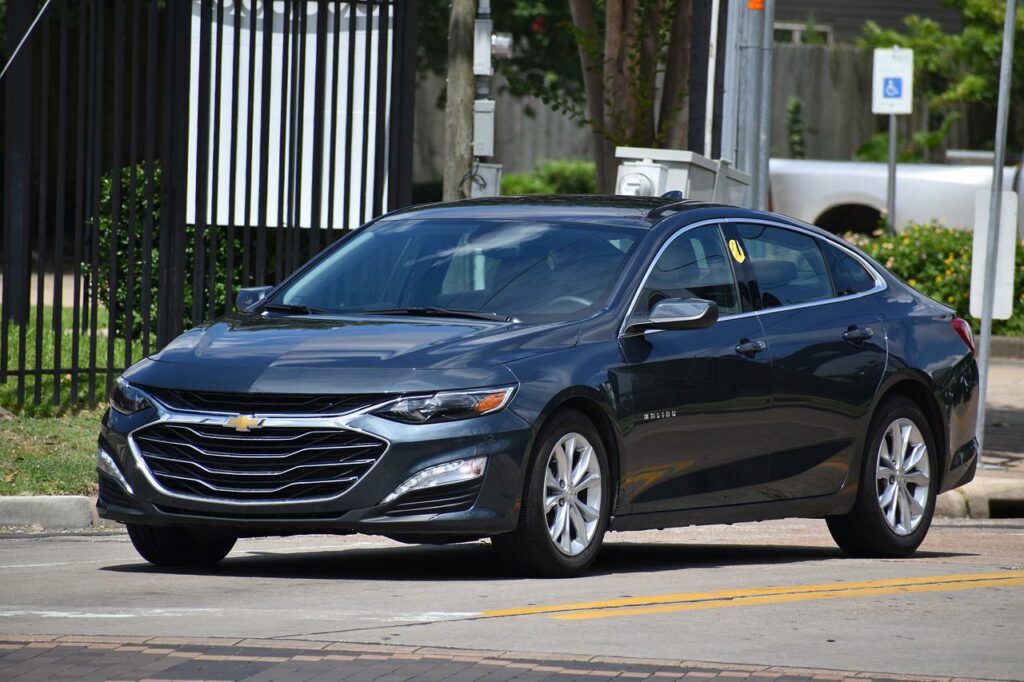Coveting to be Content: A Subtle Trap



Paul appeals urgently in the thirteenth chapter of the book of Hebrews to Christians to be content with what they have. Since we are still traveling through this world, we are still subject to the trouble it can bring. Coveting (an excessive craving or longing for some part of this world’s wealth) is the opposite of being content. It also includes envying anyone who has more than we do.
“Let your conversation [lifestyle] be without covetousness; and be content with such things as ye have: for [Jesus] hath said, I will never leave thee, nor forsake thee.”
Hebrews 13:5
But Christians should not find it hard to resist coveting, because God Almighty has already promised that He will not forget His children—He will take care of them. What possible reason could we have to covet, therefore? In fact, this kind of promise should keep us from worrying about anything, not just being fearful of doing without.
“Let your life be free from covetousness…”
“Covetousness” is commonly called “the love of money.” “…they that will be rich fall into temptation and a snare, and into many foolish and hurtful lusts, which drown men in destruction and perdition. For the love of money is the root of all evil: which while some coveted after, they have erred from the faith, and pierced themselves through with many sorrows” (1 Timothy 6:9-10).
Don’t wish you could have more than God has already given you. And don’t fall into the trap of coveting what God has given someone else. Why not go and rob that person’s house and take what you want for yourself if you feel this way? This is how God sees it when we covet what others have.
“Be content with such things as ye have…”
How can Christians keep from coveting? Let what you have satisfy you. Stop craving other things just because they are newer or different or you don’t have one of that kind already. People who covet are never satisfied with their present state of affairs. They are always looking ahead to see what else they can acquire, before they have even enjoyed what they already have.

This kind of attitude gets worse and worse as the years roll on if nothing is done to restrain it. What do we really own here, anyway? We know that none of it will go with us when we go to be with the Lord. Whenever you confront tight circumstances or have a need, be confident that our God will be with you and He will provide.
God arranges it so that we have just enough money to use in this life as we make our way toward our heavenly home. We already know that we have treasures waiting for us in heaven. That should be all we need to know in order to be content with the ordinary things here.
Realize also—if we Christians can’t be content here, we won’t be content in Heaven either. Look at Adam—he was discontented in the Garden of Eden—Paradise itself!
But then look at Paul. The great apostle found himself with nothing and was held very low in the estimation of others in his time. But he had already learned to be content in any and every state he might find himself in. Christians have good reason to be content with their present lot in life. God promised that He “…will never leave thee, nor forsake thee.” God is not a man that He should lie (see 1 Samuel 15:29). If He promises something, He will follow through on what He said. If we truly believe in God, we know He will not only always be with us throughout our life, but even when we die.
“No man can serve two masters: for either he will hate the one, and love the other; or else he will hold to the one, and despise the other. Ye cannot serve God and mammon [riches]. Therefore I say unto you, Take no thought for your life, what ye shall eat, or what ye shall drink; nor yet for your body, what ye shall put on. Is not the life more than meat, and the body than raiment? Behold the fowls of the air: for they sow not, neither do they reap, nor gather into barns; yet your heavenly Father feedeth them. Are ye not much better than they?”
Matthew 6:24-26
“Therefore I say unto you, Take no thought…”
“Thought” here means “anxiety”—which is just what Jesus wants to protect us from. There is nothing wrong with giving thought to the future. It is appropriate to give some thought to the things of this life at times. But if we entertain thought as anxiety, or anything that causes care or concern or trouble, that is wrong. When we let our cares and troubles become our supreme concern, then anxiety arises and interferes with our devotion to God. We need to “Be careful [anxious] for nothing; but in every thing by prayer and supplication with thanksgiving let your requests be made known unto God” (Philippians. 4:6).

Jesus’ disciples were being warned in Matthew 6 not to be greedy, and not to be anxious about how their needs would be provided. What difference is there between God’s people and those of the world, if we worry all the time about how we are going to be taken care of, like they are always doing? Does this show that we trust our God? Can’t we depend on Him to provide our needs here, no matter what they may be?
“Is not the life more than meat, and the body than raiment?”
“Meat” refers to all kinds of food when used in the Bible, while “raiment” refers to clothes. Jesus told His disciples to take “no thought” about how their wants and needs would be supplied. If God can give us life, surely the same God can see that the body He created is fed properly! And won’t He provide clothing for this same body as well? Or is our body merely a receptacle for receiving dainty food and wearing fashionable clothing?
The apostle Paul wrote: “…godliness with contentment is great gain. For we brought nothing into this world, and it is certain we can carry nothing out. And having food and raiment let us be therewith content…O man of God…follow after righteousness, godliness, faith, love, patience, meekness…do good…be rich in good works, ready to distribute, willing to communicate; laying up in store for [yourself] a good foundation against the time to come, that [you] may lay hold on eternal life (1 Timothy 6:6, 7, 11, 18, 19). Let’s be content with what we already have. If we have Jesus, we already have everything anyway! He is our source of supply or support—all that we need.
Never forget His promise to us: “I will never leave thee nor forsake thee.”
[Image credit: Featured image (when applicable) David McBee on Pexels; Photo group: top photo byHans MonUnsplash, lower photo by F. Muhammad from Pixabay]




